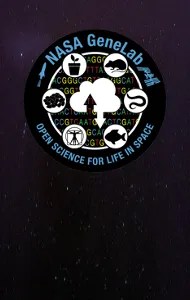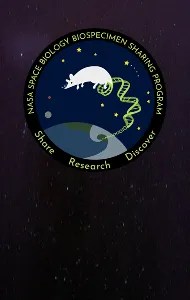Open Science Data Repository
The NASA Open Science Data Repository (OSDR) enables access to space-related data from experiments and missions that investigate biological and health responses of terrestrial life to spaceflight. The goal of OSDR is to enable multi-modal and multi-hierarchical fundamental space life science data be reused toward basic science, applied science, and operational outcomes for space exploration and knowledge discovery. These data include ‘omics, phenotypic, physiological, behavioral, hardware, environmental telemetry; raw, processed; tabular, text, code, bioimaging, and video.
Learn More About OSDRExplore and Contribute
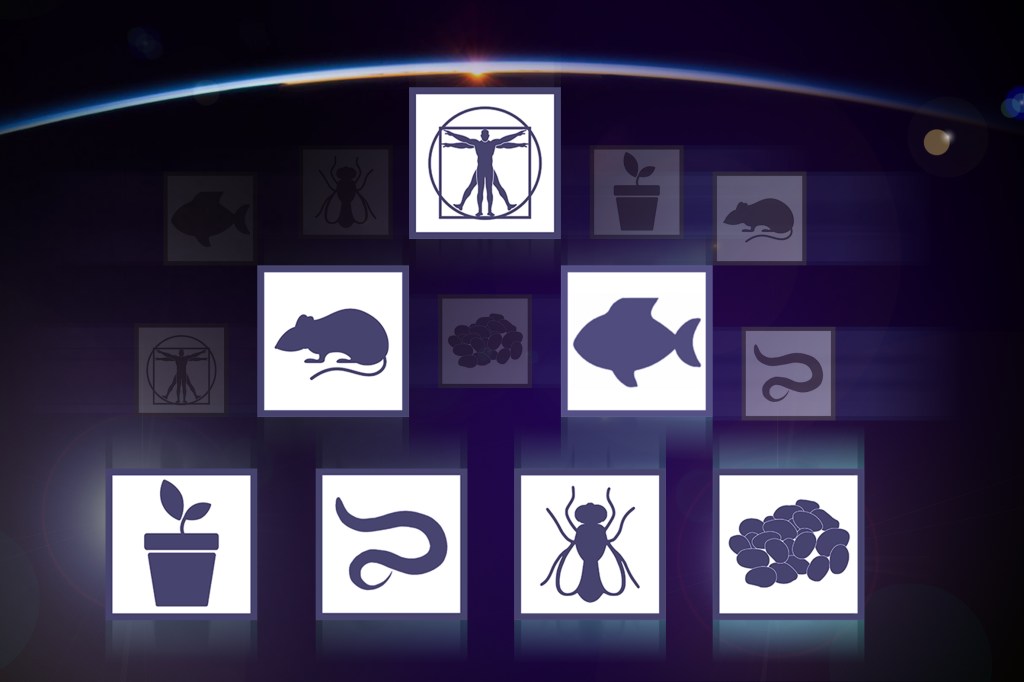
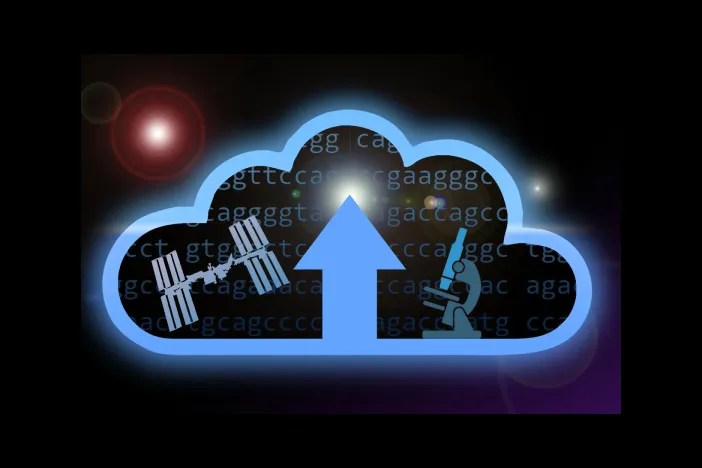

Latest News

OSDR Chats with Miguel Angel Vargas Cruz on this Latest Publication Welcome to “OSDR Chats,” an interview series featuring authors…

Open Science Success Stories: Dr Anu Rasalam Iris Welcome to our “Open Science Success Stories”. These narratives showcase insights shared…

Save the Date: “Meet the Authors”- Insights on Immune and Host Systems for Moon & Mars Missions Register Now! Welcome…
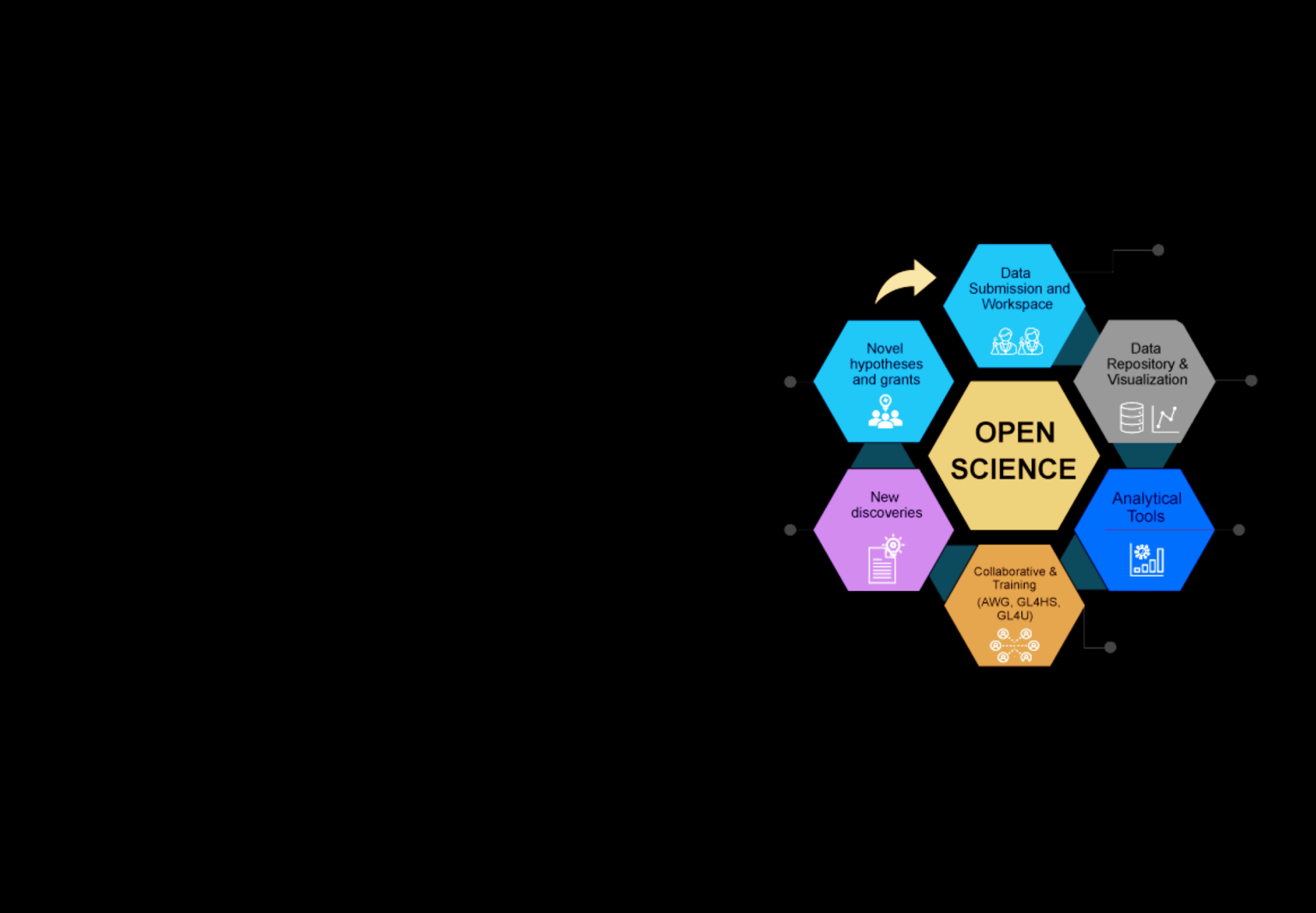
By the Numbers
NASA Open Science Data Repositories expands scientists’ access to space-related experiments that explore the biological response of terrestrial biology to spaceflight environments. Our mission is to maximize the utilization of the valuable biological research resources and enable new discoveries.
TODAY
Studies
Datasets
Latest Datasets
Publication Highlight
Non-DNA radiosensitive targets that initiate persistent behavioral deficits in rats exposed to space radiation
Predicting future CNS risks for astronauts during deep-space missions will rely substantially on ground-based rodent data with space-relevant ions and behaviors. Lighter ions such as helium caused behavioral issues in rats at much lower doses than heavier ions such as iron, suggesting the radiation may target small structures rather than DNA. Findings raise questions regarding the identity of sub-cellular targets and the multi-cellular functional unit for behavior risks, low-dose susceptibility, and generalization from rat to other species and astronauts.
Learn More about Publication Highlight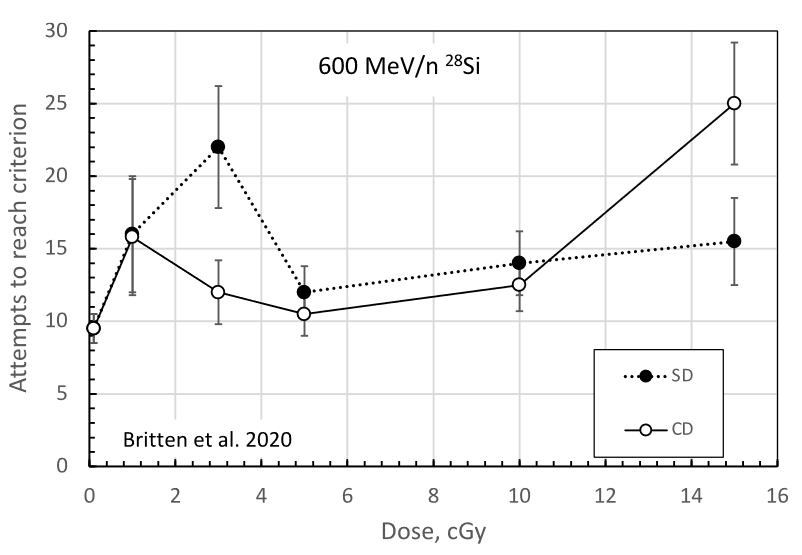
Visualization Tools
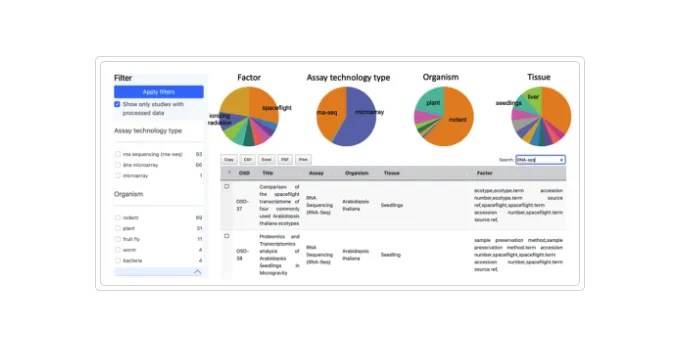
Data Visualization
GeneLab’s latest software release includes a new visualization portal to interact with gene expression data from space-related omics experiments. The enhanced portal includes a new search interface, new plots and layout, and advanced settings to customize the plots.

RadLab
RadLab is a portal that aims to provide a single point of access to radiation telemetry data from multiple databases maintained by multiple space agencies.
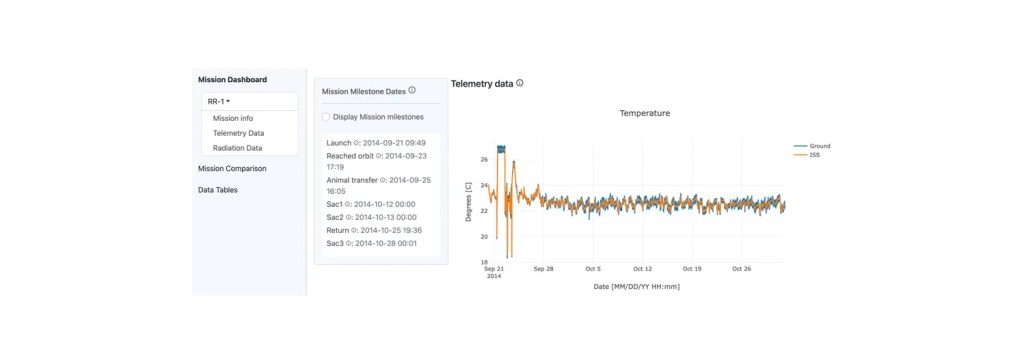
Environmental Data App (EDA)
The Environmental Data App (EDA) is a portal where users can visualize and compare ISS (International Space Station) cabin environmental telemetry data and radiation data gathered from spaceflight missions.
Testimonials
Marie Mortreux, University of Rhode Island
“The [AWG] community that was created by these initiatives is nothing short of groundbreaking and I am so grateful for the new people I have met through these groups and collaborations. Making sure our science truly benefits all of mankind is such a wonderful goal, and none of it could be done alone.”
Read more testimonials about Testimonials
Open Science Projects
Open Science Projects primary goals aim to increase collaborative scientific data sharing, analysis, and more rapid scientific advancement.















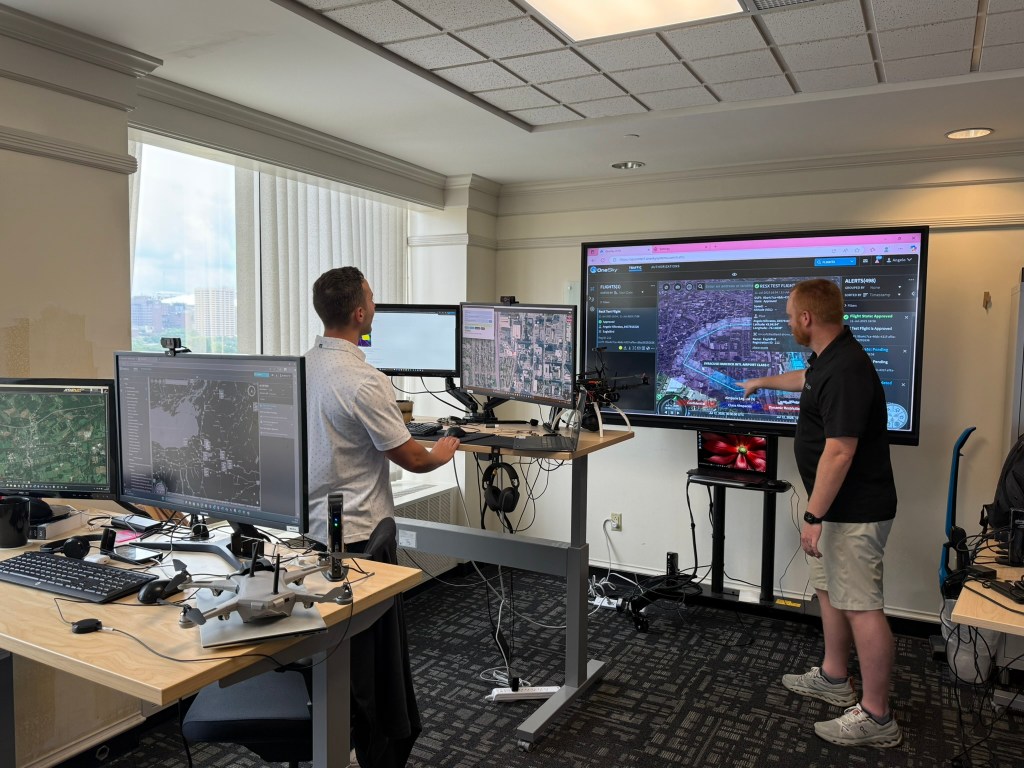





-Carolyn_Y._Ng.jpeg?w=1024)






